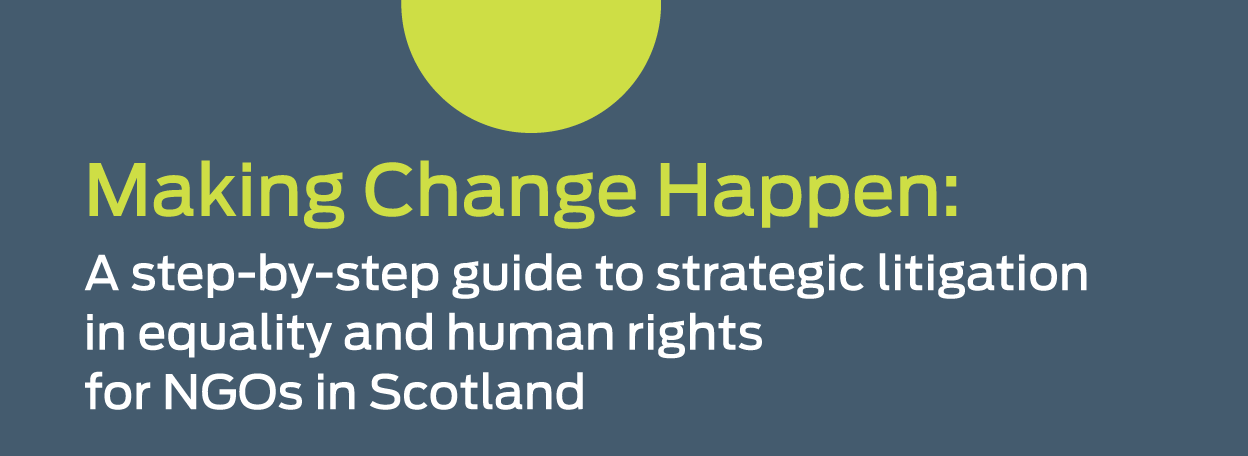Getting a legal opinion
What is a 'legal opinion'?
A 'legal opinion' is also sometimes called an opinion letter or 'opinion of counsel'. A 'legal opinion' is a letter or short written report in which an advocate sets out his or her understanding of the law as it applies to your issue and gives some legal conclusions.
The 'legal opinion' might include, for example, how an issue was dealt with in previous cases and how legal principles such as the European Convention on Human Rights (ECHR) apply to it.
The 'legal opinion' is based on past or present understanding of that particular legal issue but can also help to provide clarity on whether taking further legal action such as a judicial review is likely to be worthwhile.
The 'legal opinion' might include, for example, how an issue was dealt with in previous cases and how legal principles such as the European Convention on Human Rights (ECHR) apply to it.
The 'legal opinion' is based on past or present understanding of that particular legal issue but can also help to provide clarity on whether taking further legal action such as a judicial review is likely to be worthwhile.
Why get a 'legal opinion'?
Sometimes using a 'legal opinion' to highlight the potential success of a judicial review can be very effective in bringing about change, without having to go to court. A 'legal opinion' can also help an organisation to make decisions around strategic litigation.
A 'legal opinion' can help to:
A 'legal opinion' can help to:
- Strengthen public arguments for law, policy or practice to be changed, without necessarily pursuing an issue in judicial review
- Clarify the meaning of the law where there is confusion or disagreement
- Draw attention to, or shape debate, around a particular issue
- Prepare legal arguments for legal proceedings
- Clarify the legal issues involved and the likelihood of success if taken to court
Considerations when getting a 'legal opinion'
Here are some key considerations for organisations around getting a 'legal opinion':
- Who - If you are going to use the legal opinion publicly, then who provides the 'legal opinion' can be important. It might be better for the 'legal opinion' to come from someone who is a recognised authority in a particular issue area in Scotland. Discuss this with a solicitor or with the Equality and Human Rights Commission (EHRC). Check the Resources section for who to speak to for advice.
- Clarity - Put down in writing exactly what the legal issue is and what it is that you need the opinion for.
- Cost - Ask upfront for a quote of how much the 'legal opinion' will cost. If you are concerned about being able to afford this cost of the 'legal opinion' you could contact the Faculty of Advocates Free Legal Services Unit via an advice agency, or contact one of the student-based legal clinics in Scotland – see Resources.
- Communicating - 'Legal opinions' can often be helpful in getting good outcomes for individuals but if they are communicated well, they can also help to bring about wider social or policy change. Think about how you will communicate the main findings of the 'legal opinion' to those you wish to influence or other stakeholders and partners. You should also discuss this with the advocate from whom you are seeking an opinion, as you will normally need to ensure they consent to wide dissemination of the opinion and that they bear this in mind when they draft their work.

